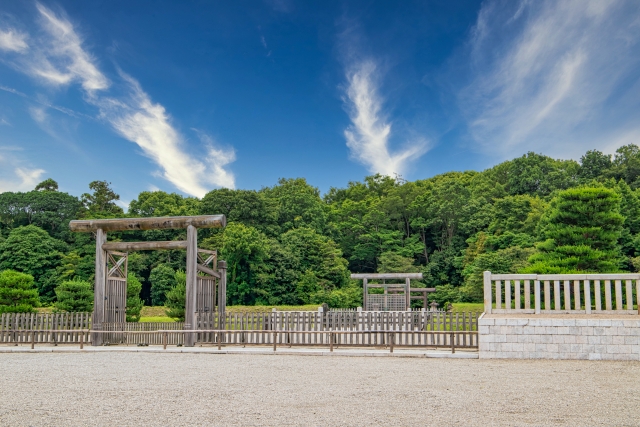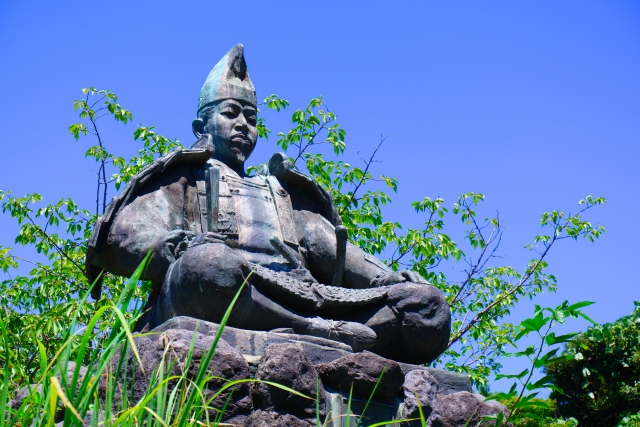- Emperor: The Traditional Monarch of Japan
- Shogun: Appointed by the Emperor to Exercise Real Political Power
- Differences Between the Emperor and the Shogun
Emperor: The Traditional Monarch of Japan

The Emperor of Japan, as depicted in ancient Japanese myths like the "Kojiki" and "Nihon Shoki," has a long history, with Emperor Jimmu as the first in line. According to Shinto beliefs, the Emperor is considered a direct descendant of Amaterasu, the paramount deity in Shintoism. This lineage is deeply intertwined with Japan's history. Throughout most of Japan's history, the role of the Emperor was primarily ceremonial. While the Emperor exercised a certain degree of political power from ancient to medieval times, this authority gradually transitioned to a more symbolic role over the years.
Shogun: Appointed by the Emperor to Exercise Real Political Power

The Shogun, particularly the Seii Taishogun, gained prominence with the establishment of the military government, although its origins predate this era. Originally, the role of the Shogun involved maintaining domestic peace and defending against foreign enemies. Minamoto no Yoritomo, the founder of the Kamakura Shogunate, was appointed as the Seii Taishogun in 1192. Under his leadership, the Kamakura Shogunate was established, solidifying the military government. Yoritomo's governance established direct rule by the samurai class and exercised substantial power.
Differences Between the Emperor and the Shogun
-
Source and Nature of Power: The Emperor was a traditional monarch based on sacred lineage, primarily playing a ceremonial role. In contrast, the Shogun held real power based on military and political strength, directly involving themselves in the governance of the country.
-
Historical Background and Roles: The Emperor has been a significant symbolic figure in Japanese history and culture, with their role evolving over time. The Shogun, appointed by the Emperor, began to exercise real political power with the establishment of the military government, though the origins of this role date back further.
-
Political Influence: The Emperor held an important position in Japanese tradition and culture, but their exercise of political power became more limited over time. The Shogun, while appointed by the Emperor, played the role of the actual ruler of the country.
In summary, the Emperor and the Shogun have held different roles and positions in Japanese history, and understanding these differences is crucial for comprehending Japan's historical and political landscape.

![Shogun [Blu-Ray] [Import] Shogun [Blu-Ray] [Import]](https://m.media-amazon.com/images/I/51A8nNjN1KL._SL500_.jpg)